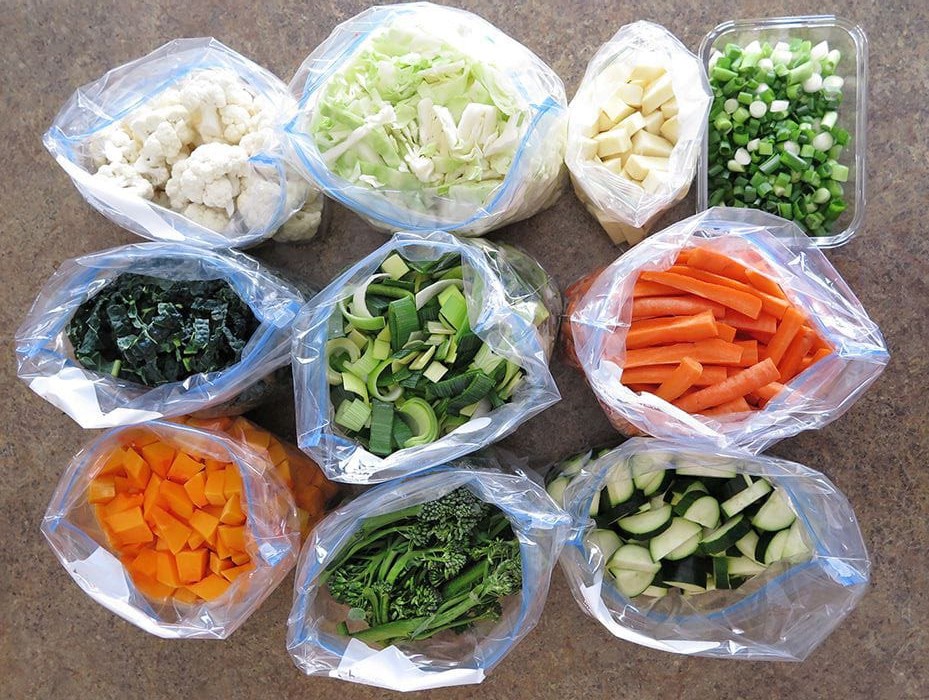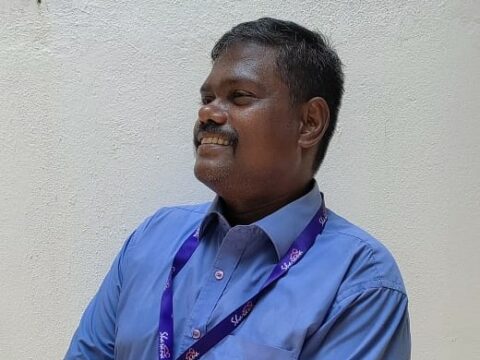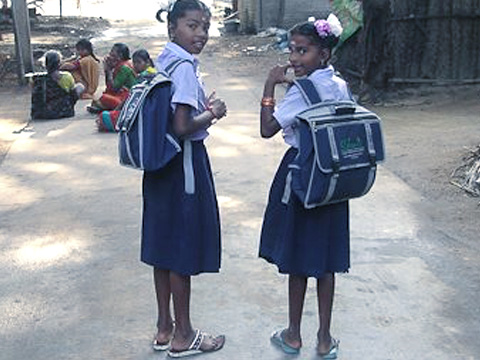Penned By Board Member, Ms. Alo Pal
*Please note: The names mentioned in this blog have been altered to maintain privacy*
When the lockdown was announced, all of us turned into housekeepers, and millions of housemaids lost their jobs. Already coming from low-income families, the lockdown resulted in a drastic reduction of cash in hand, the cancellation of mid-day meals for children, and the return of hunger and uncertainty of a very different nature for housemaids.
That was when Vijaya decided to go to the wholesale Goubert Market in Pondicherry, buy vegetables with the meager capital she could afford, come home, weigh the vegetables into small 200g–250g packets, and sell them door-to-door. Vijaya learned about Sharana’s Social Entrepreneurship Program (SEP) from other beneficiaries in the neighborhood and came to the Sharana Social Center seeking help. Our social worker, Ms. Vadivu met her, and after a few outreach inspections, it was ascertained that she was indeed in need of a loan to enhance her business. In November 2024, a loan of ₹15,000 was sanctioned. This loan principally helped her increase her purchases from the wholesale market, and she also added sanitary items to her door-to-door sales and deliveries. As a result, her daily income immediately doubled from ₹300 to ₹600.

Noted economist and researcher Prof. Shamika Ravi recently tweeted that the inflation-adjusted current income figure for a family of four in extreme poverty in urban areas was ₹11,036 per month and that India had finally reached this significant milestone. Our SEP initiative is playing its role in this phenomenal achievement—one loan at a time—as we overwhelmingly target BPL (Below Poverty Line) families. The beauty and simplicity of our SEP program lie in the fact that a single interest-free loan of ₹15,000 pulled this family of four out of extreme poverty immediately. The impact of empowering women through this program cannot be overstated. For one, there is more food—what’s more, varied food—on the table, with a direct effect on health and nutrition. There is an immense emotional toll and psychological impact on a woman who has to put hungry children to bed.
But Vijaya’s eyes betrayed a life lived beyond the pre-loan and post-loan changes. Before marriage, she worked for ten years as a salesgirl in a large store in Pondicherry, earning about ₹9,000 a month. At 24, she was married to what her father told her was a “good man.” True, he limped due to polio and was a decent human being with what seemed like a steady income as a government employee. In reality, his job was temporary, and he was unemployed at the time of their marriage. Polio had also blinded him in one eye and left him deaf in one ear. He had an alcohol problem and was abusive. Vijaya had to leave her job as she could not afford to stay away from home all day, especially after her children were born. She took up work as a housemaid in two households. Fortunately, her children receive an education thanks to an NGO.
During the lockdown, she started her door-to-door vegetable sales since she could no longer work as a maid. Later, she took up an additional job as a gardener at the NGO campus and is always on the lookout for more work in households to earn extra money.
Today, her husband weighs 165 kilos, with a failing liver awaiting transplant due to his alcoholism. His digestive system is severely damaged, and he frequently passes bloody stool, causing hygiene conditions to become unbearable. Due to objections raised by landlords, she has had to change houses frequently. Her work schedule is often interrupted by hospital duties whenever her husband is admitted. Sometimes, her mother-in-law helps with hospital responsibilities.
The receipt of the SEP loan coincided with her receiving a cart from the local MLA, enabling her to sell vegetables from the cart. She hopes her husband will sit at the cart while she does her other work. Later, depending on demand, she also hopes to resume some amount of door-to-door sales.
My interview with her was perhaps a pause in her routine—a moment that made her take stock of the life she had led so far. She fought back tears as speaking about it momentarily breached her coping mechanism. But then, I quickly asked how her children were doing, and a gentle smile arrested the tears. “They are doing good,” she said, and I realized that what I saw as an unfair sacrifice was, for her, an act of selfless duty—the promise of happiness in the lives of her children.












